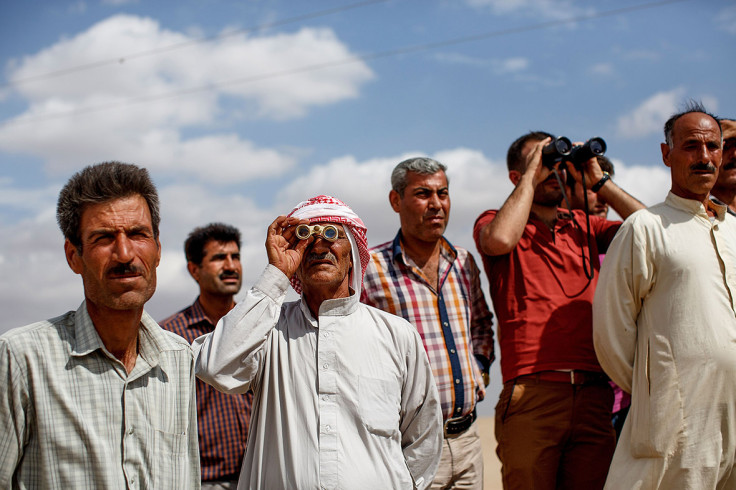Turkey Joins US-led Coalition Fighting ISIS in Iraq and Syria

Turkey has joined the US-led coalition of nations fighting ISIS in Iraq and Syria.
Turkey previously rejected action against ISIS as the group was holding 46 hostages, including several diplomats, who were released last month.
The Turkish parliament has been under pressure from the international community to play a more active role in the US-led fight against the militant organisation.
The government finally relented, backing a motion allowing its military to join the campaign against Islamic State.
In Ankara, the vote was 298-98 in favour of the motion that also allows foreign troops to use its territory for operations against the militants. The approval of parliament could also enable the US to use its large airbase at Incirlik in southern Turkey for air strikes.
Don't expect any immediate steps.
Turkey has been reticent about joining the coalition, fearing retaliation by ISIS for helping the Kurdish minority who are fighting the militants. Many believe that the Turkish government has helped the growth of ISIS, with Turkey having had previously approved operations into Iraq and Syria to attack Kurdish separatists.
At the United Nations Summit in New York, Turkey's President Recep Tayyip Erdogan confirmed the country would provide the "necessary support" to the operation in a "military or logistical" capacity to tackle the terror group.
Howeverm when asked what action Turkey might take in light of the motion, Defense Minister Ismet Yilmaz told Associated Press news agency: "Don't expect any immediate steps."
Turkey has a porous and vulnerable border with Syria, more than 900km (560 miles) long and has been accused of permitting the flow of jihadists into Syria, as well as allowing ISIS to traffic oil from oilfields it has captured. The government in Ankara denies the allegations.
The vote came as ISIS fighters advanced to within a few miles of the Kurdish town of Kobane on the Syrian border with Turkey.
The Islamic State advance has prompted thousands of Kurdish refugees, fleeing the fighting in Syria to enter Turkey, which is already hosting more than a million Syrian refugees.
The ISIS campaign has also raised fears for the safety of Turkish special forces troops in Syria guarding the mausoleum of Suleyman Shah, the grandfather of Osman I, who founded the Ottoman Empire. The tomb is in a small enclave some 30km (18 miles) south of the Turkish border.
Mr Erdogan denied reports on Wednesday that the tomb had been surrounded by militants.
© Copyright IBTimes 2025. All rights reserved.






















